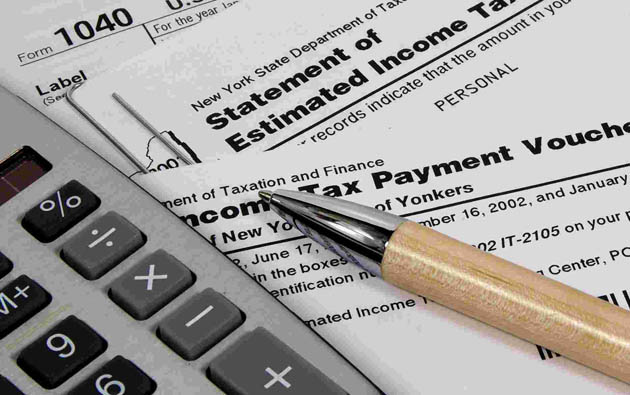Must Visa or Green Card Holders Pay U.S. Taxes?

Even if you are not a U.S. citizen, you may be required to pay taxes in the United States. Whether or not you must file a U.S. tax return depends upon whether the U.S. government considers you a "tax resident." All permanent residents (green card holders) are tax residents, but only some holders of nonimmigrant visas are tax residents (see below). Still, filing a tax return can be a good thing if you've been working for an employer who's been withholding taxes from your paycheck — you may get a refund!
Tax residents must report their entire worldwide income to the U.S. Internal Revenue Service (IRS). It doesn't matter if a portion or all of that income was earned from investments or business activities carried on outside the United States; a tax resident must report it all. But becoming a tax resident does not necessarily mean that the U.S. government will tax all of your worldwide income. International treaties control whether or not you must pay U.S. taxes on income earned elsewhere.
If You Have a Green Card
Once you get a green card, you automatically become a U.S. tax resident and you must declare your entire income to the U.S. government.
You may have heard that the number of days you spend in the United States each year has some effect on whether or not you are a tax resident. But this is true only for people who have nonimmigrant visas, discussed below. It is not true for green card holders. Even if you remain outside the U.S. for an entire year, you'll still need to report your entire worldwide income.
As a green card holder, you must file U.S. tax return Form 1040 each year by April 15th. Failure to follow U.S. tax laws will hurt your ability to qualify for U.S. citizenship. It may also be considered a crime — and if you are found guilty, your green card can be revoked and you may be deported. To find out exactly how to follow U.S. tax laws, consult an accountant or a tax attorney, or visit the IRS website at www.irs.gov.
If You Have a Nonimmigrant Visa
Though holders of nonimmigrant visas are, by definition, not permanent residents of the United States, they may become tax residents simply by spending a certain amount of time in America each year. If you have been present in the United States for at least 183 days of the current year, you are considered a tax resident for that year.
You are also considered a tax resident if you have been in the United States for a "weighted" total of at least 183 days during the previous three years — unless you spend fewer than 30 days in the United States in the current year. To determine the weighted total number of days, each day in the current year counts as one, each day in the previous year counts as only 1/3 of a day, and each day in the year before that counts as only 1/6 of a day. This latter rule does not apply to certain foreign government employees, teachers, students, and professional athletes.
If you spend fewer than 183 days of the current year in the United States and have a tax home in another country, you will avoid being classified as a tax resident. If you have no other tax home, however, the IRS might decide that your tax home is the United States and that you are attempting to hide that fact by living there fewer than 183 days per year.
There are other exceptions to these tax rules based on tax treaties between the U.S. and your home country. If you are unsure of your situation, consult a tax accountant or lawyer. Also see IRS Publication 519, U.S. Tax Guide for Aliens, available at www.irs.gov.
If you are a tax resident, you must file U.S. tax return Form 1040 each year by April 15th, and pay tax on all income earned in the United States. (Unlike green card holders, you don't pay tax on your worldwide income.)
Failure to follow U.S. tax laws may be considered a criminal offense, leading to punishment, revocation of your nonimmigrant visa, and deportation. Failure to comply with U.S. tax laws can also make it more difficult for you to obtain permanent residency (a "green card") should you ever want it. To find out exactly how to comply with U.S. tax laws, consult a tax professional or visit the IRS website at www.irs.gov.










